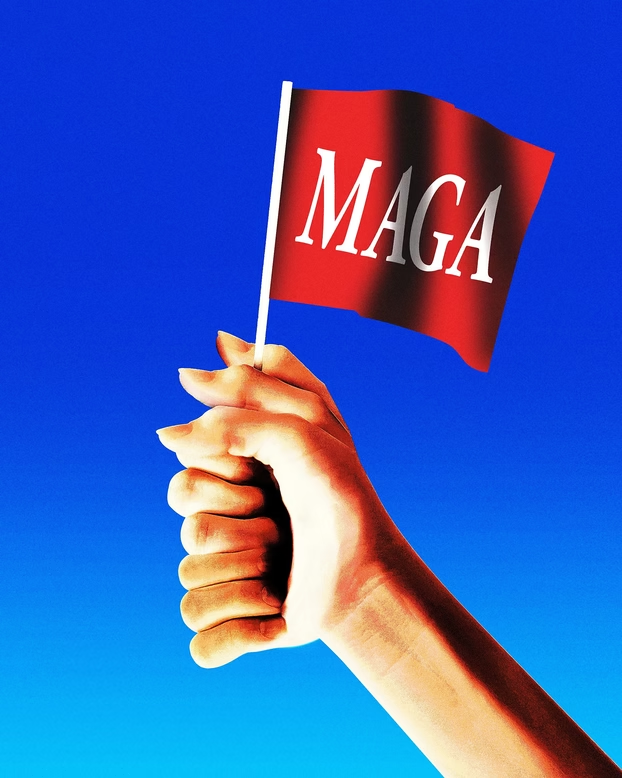|
Getting your Trinity Audio player ready...
|
As the 2024 presidential election approaches, a surprising new study from Kraken, a leading U.S.-based cryptocurrency exchange, suggests that the voting power of cryptocurrency enthusiasts could significantly influence the election outcome. With the rise of a potent “crypto voting bloc”—potentially encompassing as many as 26 million American voters—this demographic is poised to make their voices heard, especially in a political landscape where cryptocurrency’s role has historically been minimal.
The Emergence Of The Crypto Voting Bloc
Kraken’s recent survey indicates a seismic shift in voter sentiment regarding cryptocurrency. Nearly half of Americans believe it is “very important” for presidential candidates to incorporate crypto-specific policies into their economic agendas. This newfound importance reflects the growing awareness that cryptocurrency is not just a niche market but a critical component of the economy.
This sentiment is particularly strong among younger, tech-savvy voters who see the potential for cryptocurrencies and blockchain technology to modernize the economy and create new job opportunities. An impressive 92% of crypto voters express optimism about the positive impact of digital currencies, while 63.84% are “very hopeful” about the transformative role crypto could play in the economy.
Kraken’s findings reveal that over two-thirds of crypto voters are confident the U.S. will maintain its status as the world’s largest economy through 2030, a reflection of their strong economic optimism. In fact, 74% of these voters identify as “split-ticket” voters, demonstrating their willingness to prioritize issues over party affiliations, with over 80% stating that pro-crypto policies would influence their voting decisions.
Crypto’s Growing Influence on Political Campaigns
Despite its relatively low visibility in mainstream political discourse, the cryptocurrency industry is making waves. In the lead-up to the 2024 election, the crypto sector has spent over $160 million—more than any other industry—targeting key races and political figures. Notable investments include aggressive advertising campaigns against prominent Democrats such as Senator Katie Porter and Representative Jamaal Bowman, who lost their primaries following these attacks.
As the industry turns its focus to down-ballot races, such as Senator Sherrod Brown’s contest in Ohio, the stakes are high. With an estimated $30 million contributed to support Republican Bernie Moreno, crypto-backed political action committees, like Fairshake, are determined to push their agenda and ensure that crypto-friendly candidates secure office. Fairshake alone has invested nearly $40 million in Ohio since August to combat anti-crypto sentiment.
Candidates cannot ignore this emerging force. Donald Trump has begun courting crypto-minded voters, hinting at potential digital asset initiatives, while Kamala Harris has started to acknowledge the interests of the crypto community. As Kraken’s report suggests, politicians must recognize the growing power of this voting bloc, or risk losing valuable support.
A New Era of Political Engagement
As cryptocurrency continues to evolve, so too does its influence on American politics. Voters expect their elected officials to prioritize secure, accessible, and educational solutions in the crypto space. The engagement of crypto voters is not merely about personal financial gain; it’s about recognizing cryptocurrency’s potential as a catalyst for economic growth and innovation.
In the ever-changing landscape of U.S. politics, the emergence of a crypto voting bloc marks a significant shift. With their optimism and economic insight, these voters are ready to make their mark in the 2024 election, ensuring that the next president is attuned to the needs and aspirations of the burgeoning digital economy. As Kraken’s survey underscores, the future of cryptocurrency in America is not just about coins and tokens; it’s about shaping policies that resonate with a new generation of voters eager for change.
Disclaimer: The information in this article is for general purposes only and does not constitute financial advice. The author’s views are personal and may not reflect the views of Chain Affairs. Before making any investment decisions, you should always conduct your own research. Chain Affairs is not responsible for any financial losses.
Crypto and blockchain enthusiast.




